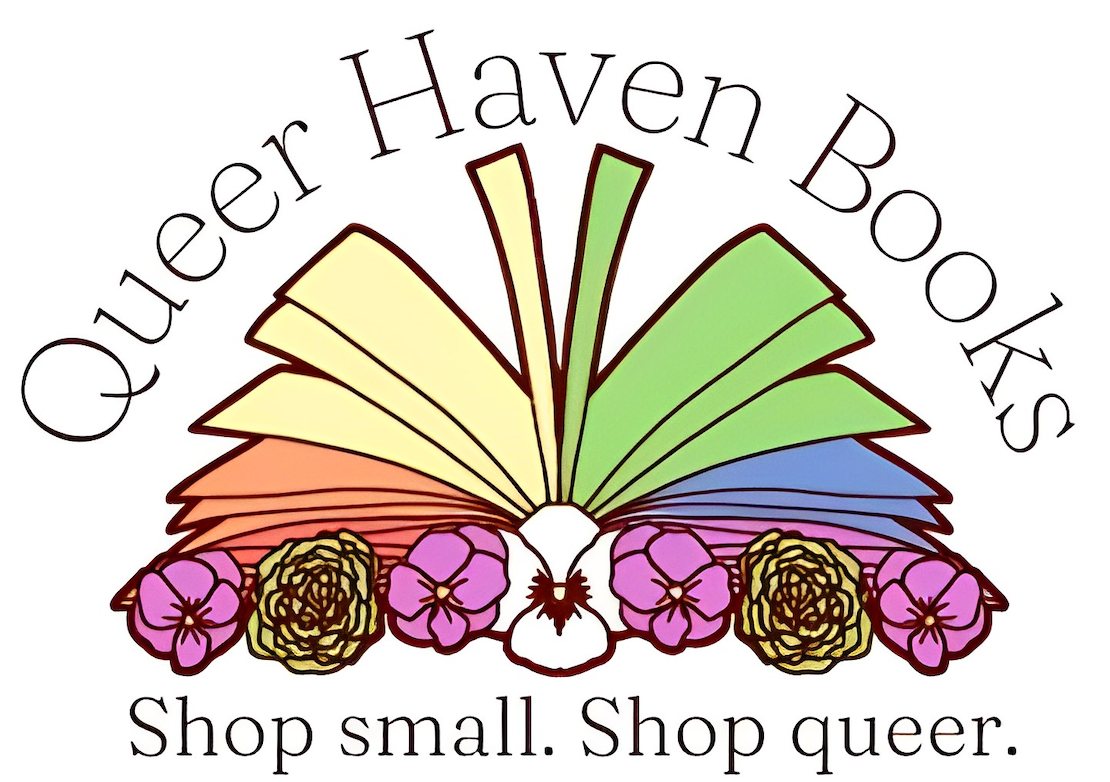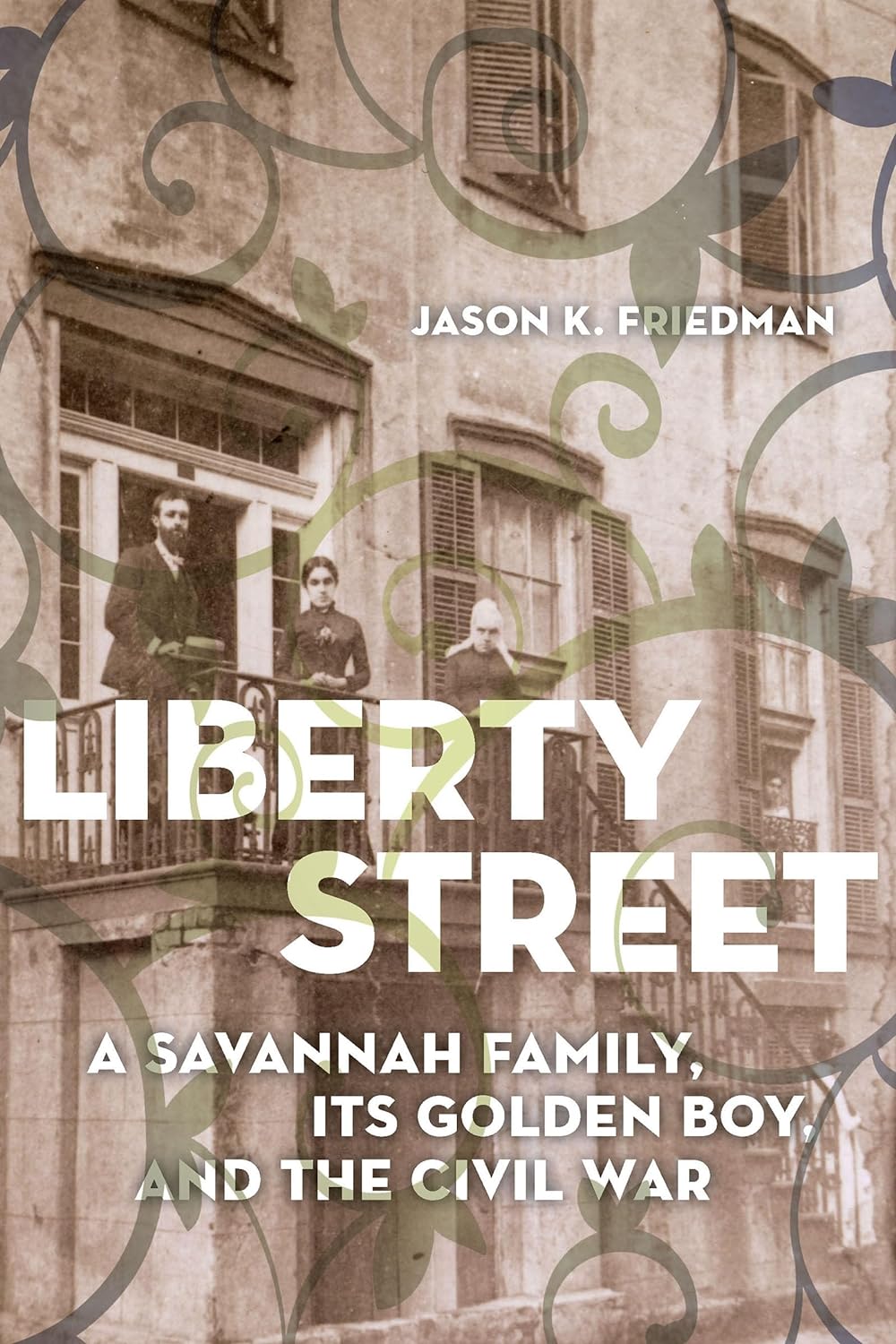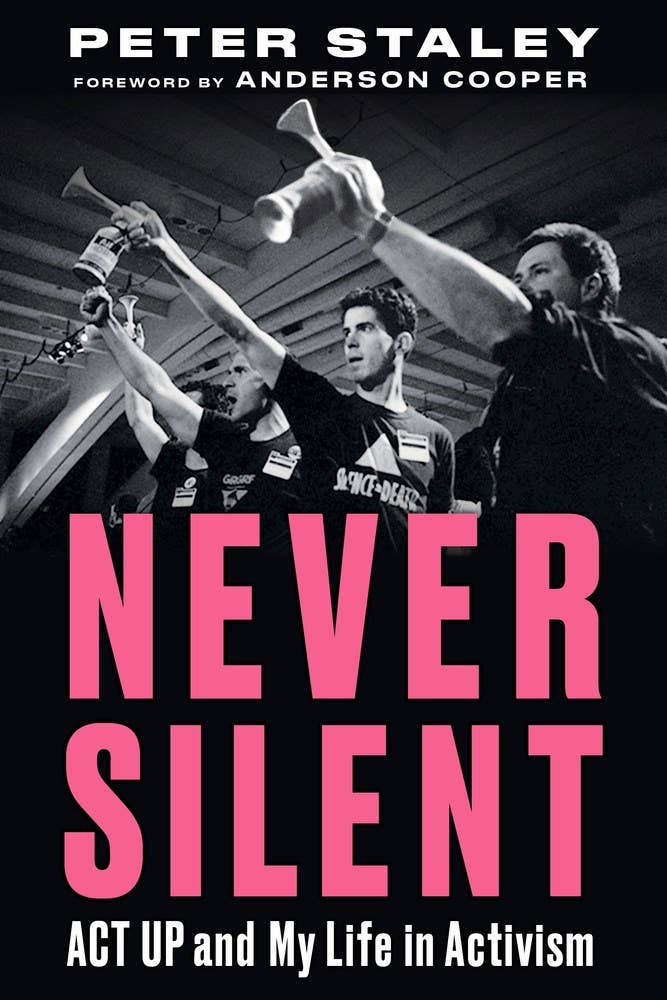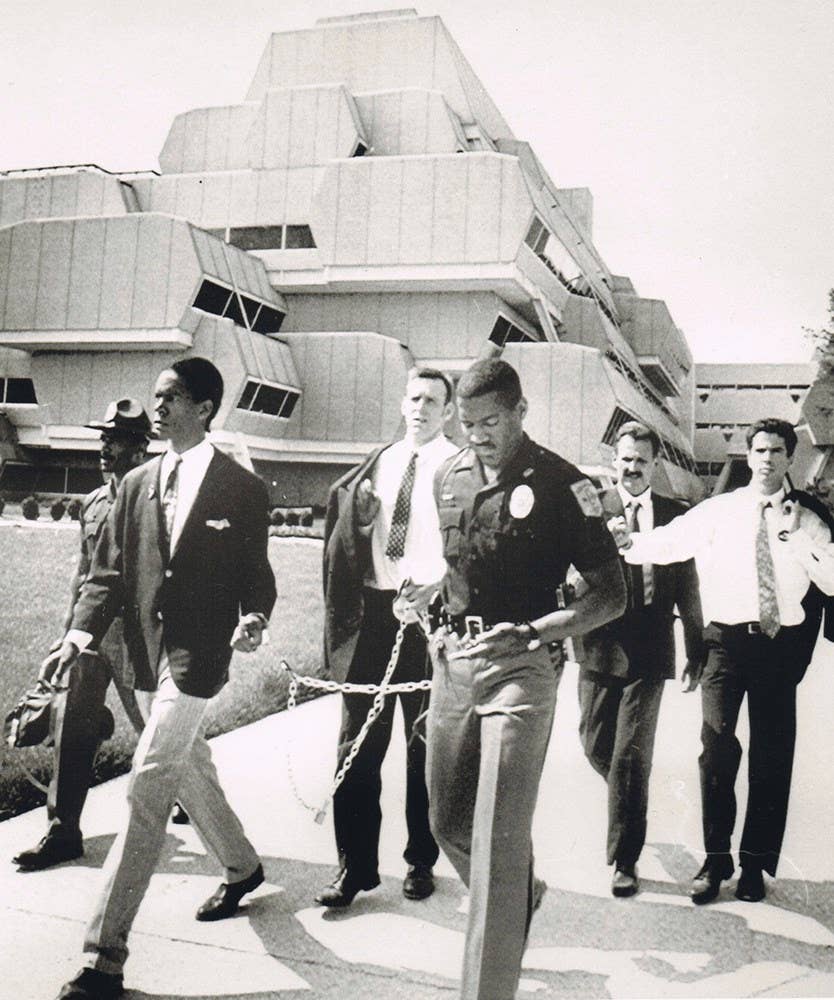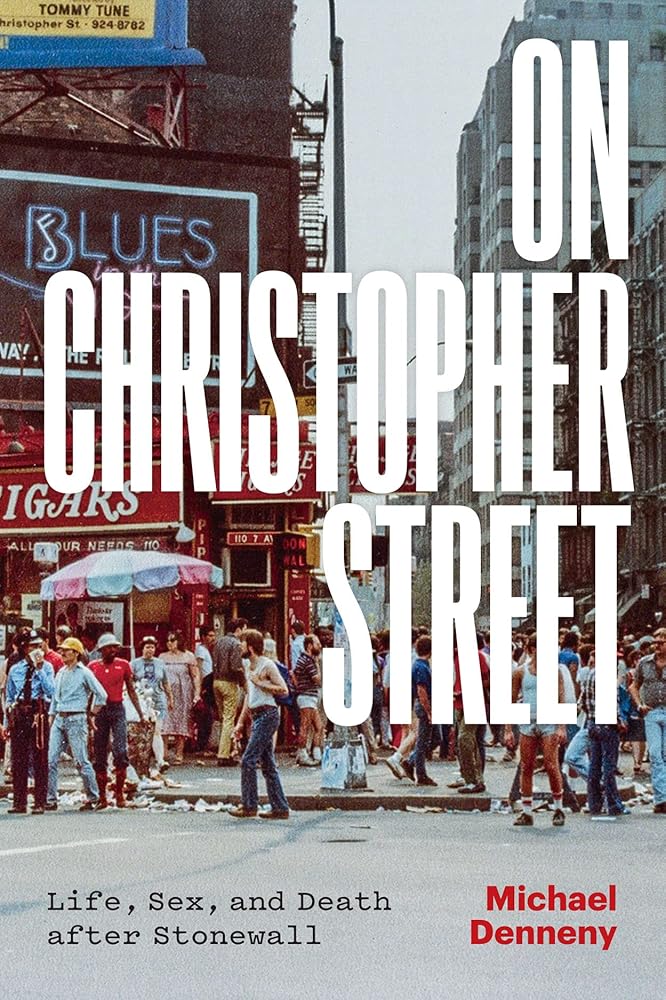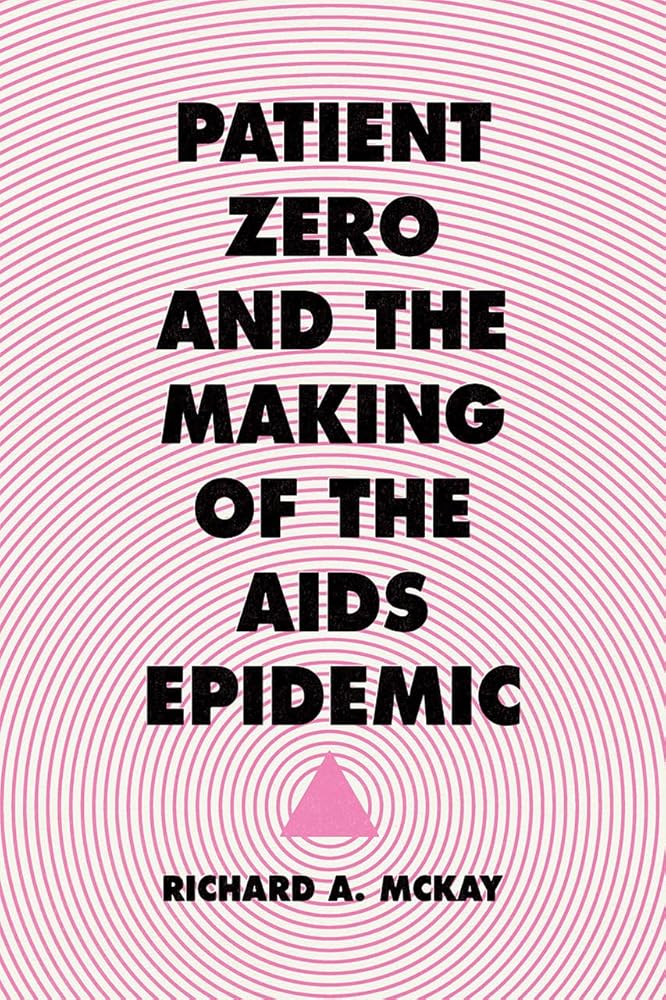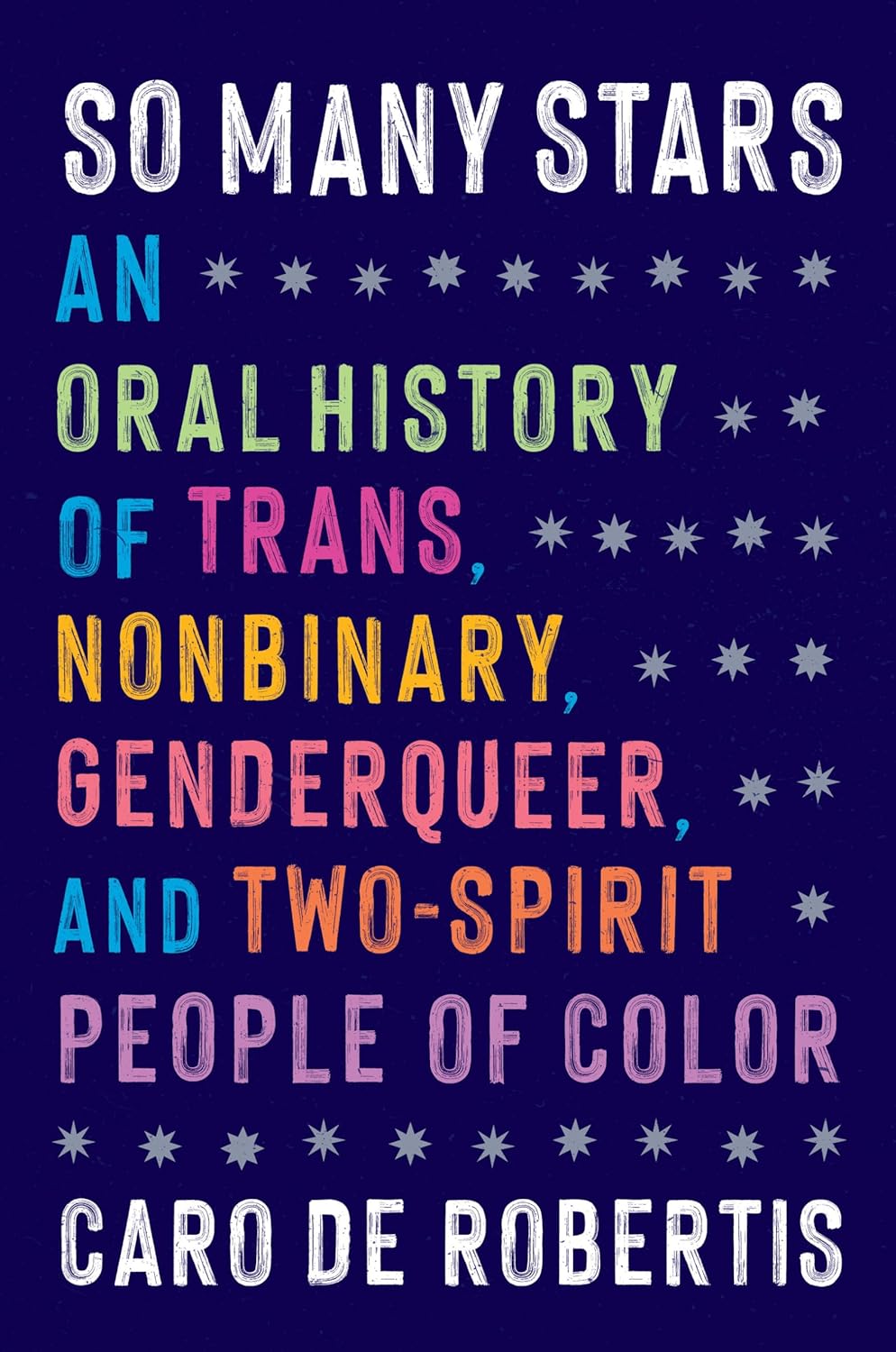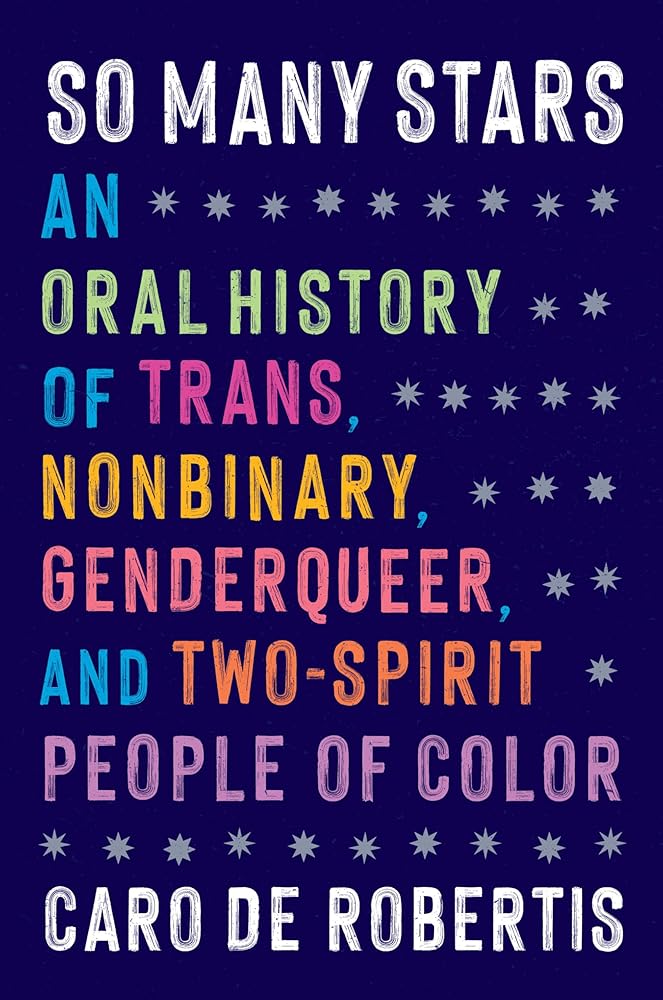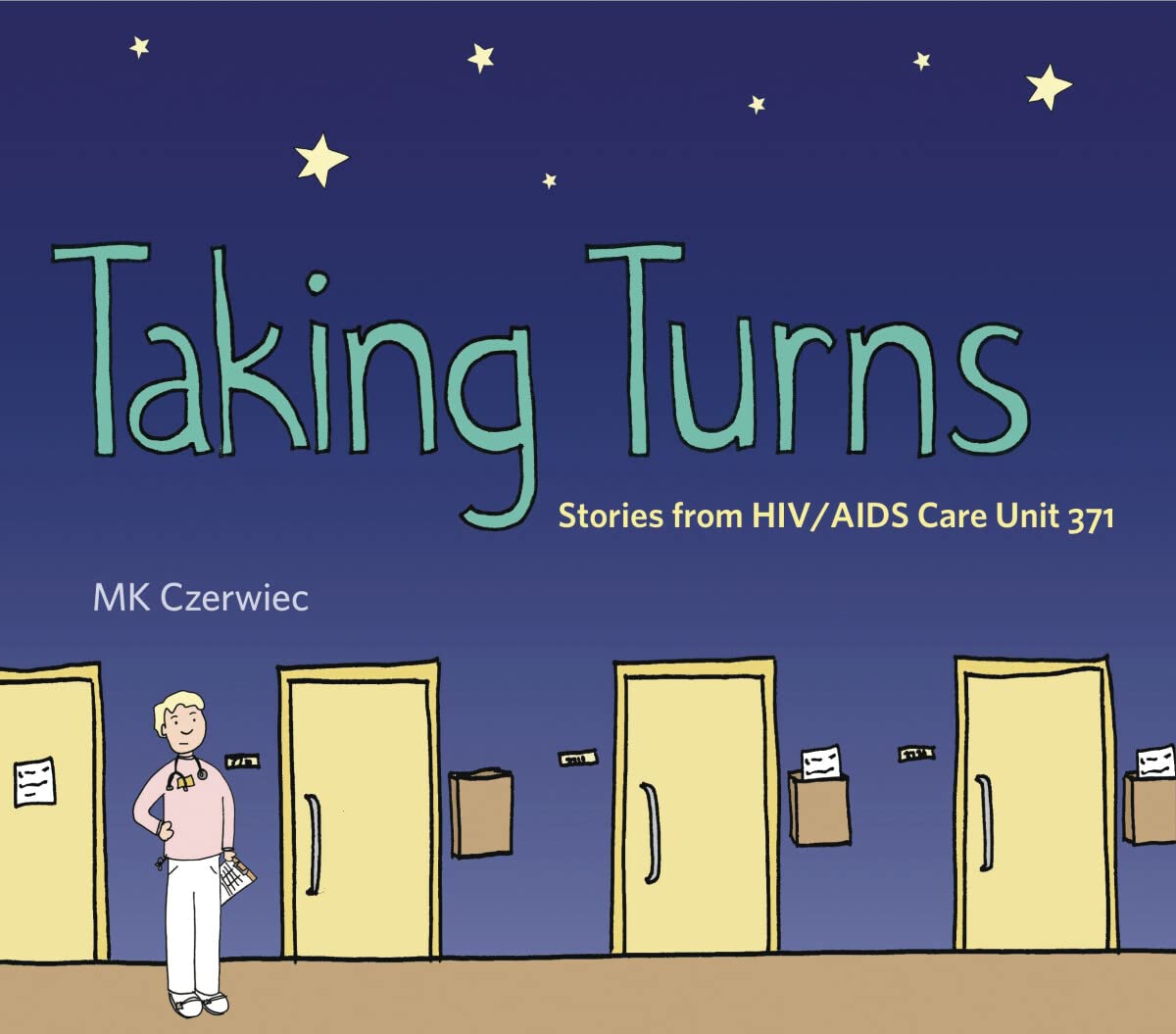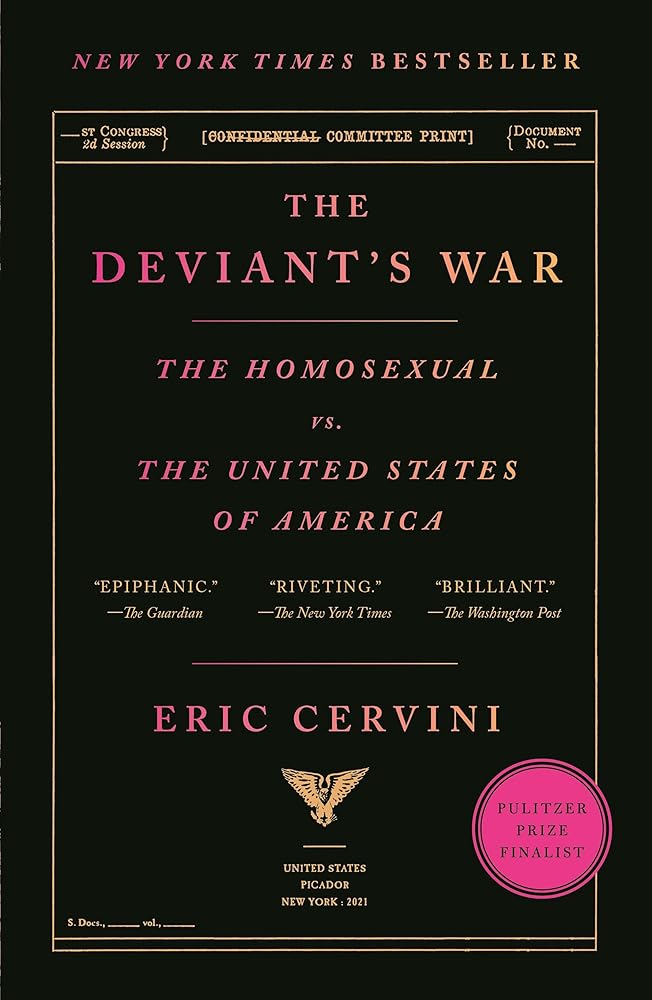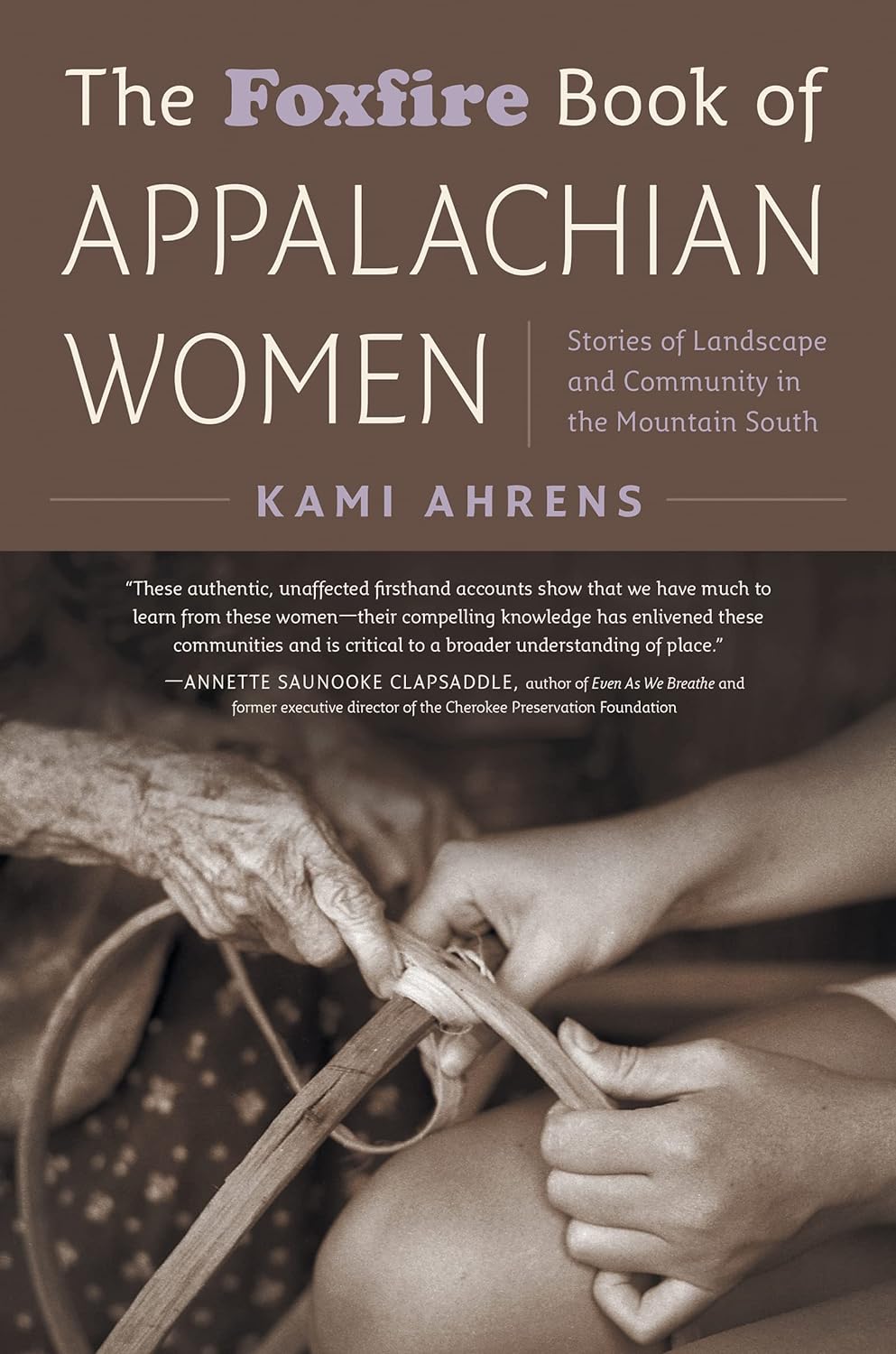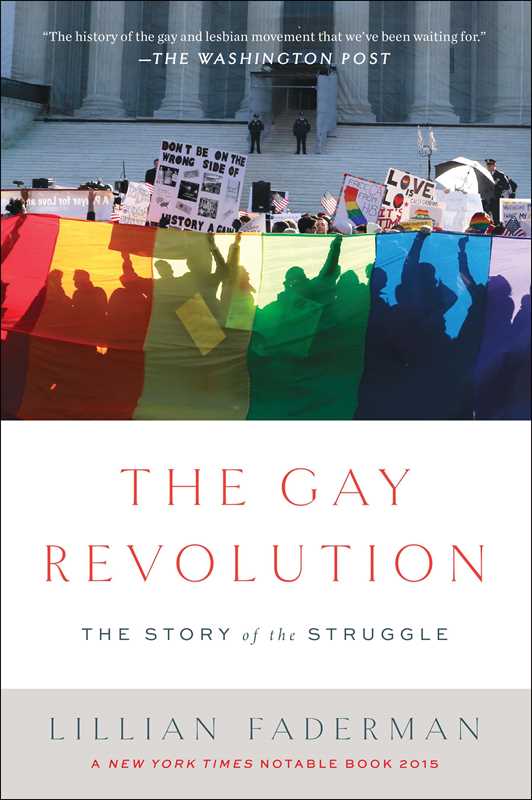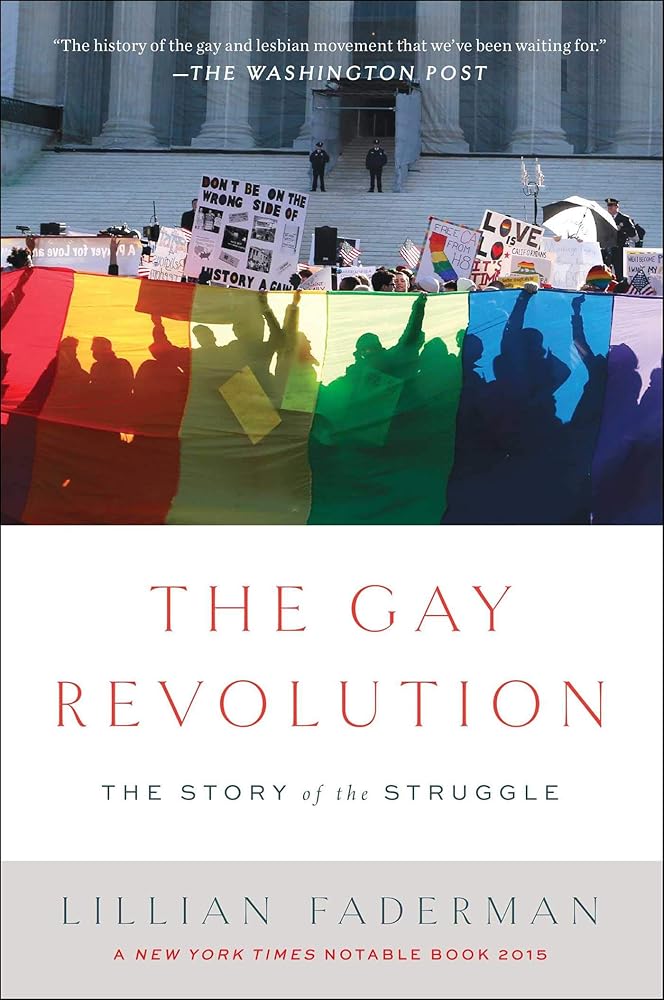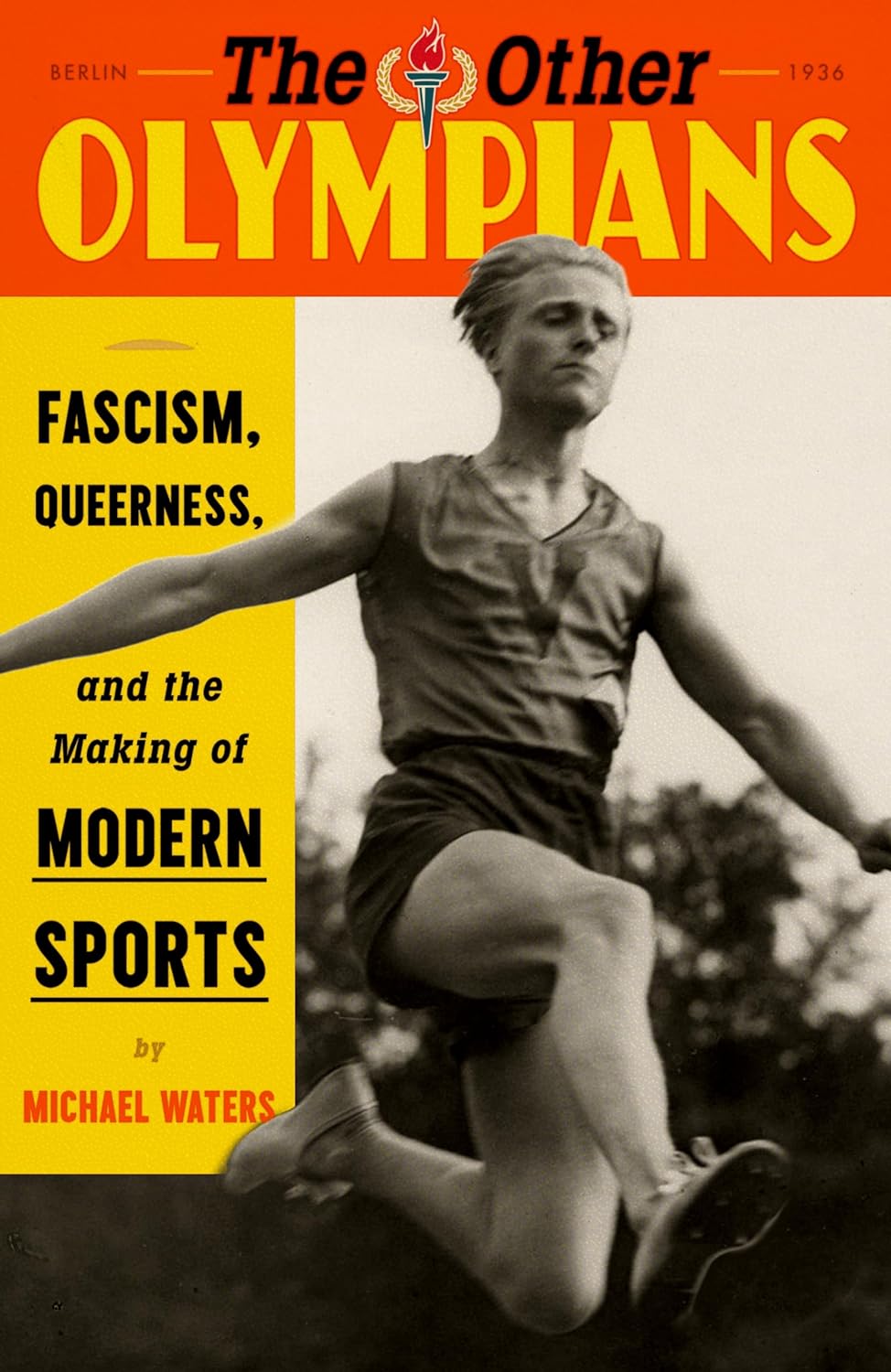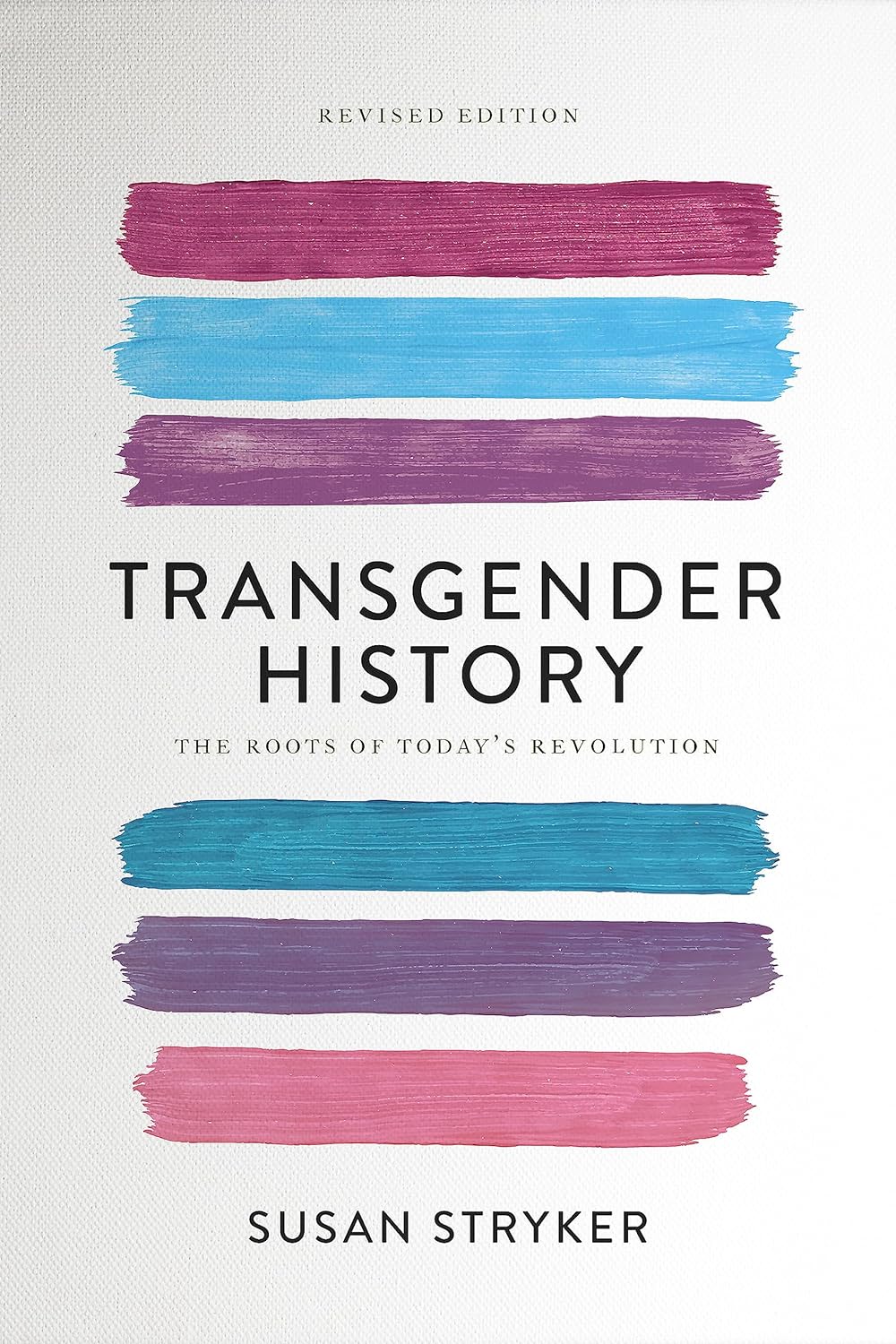Sort by:
32 of 334 products
32 of 334 products
By: Jason K. Friedman (Author), 2024, Paperback
Purchasing a historic Savannah home unlocks the sweeping story of a Southern Jewish family
As Jason K. Friedman renovated his flat in a grand townhouse in his hometown of Savannah, Georgia, he discovered a portal to the past. The Cohens, part of a Sephardic community in London, arrived in South Carolina in the mid-1700s; became founding members of Charleston's Jewish congregation; and went on to build home, community, and success in Savannah.
In Liberty Street: A Savannah Family, Its Golden Boy, and the Civil War Friedman takes the reader on a personal journey to understand the history of the Cohens. At the center of the story is a sensitive young man pulled between love and duty, a close-knit family straining under moral and political conflicts, and a city coming into its own. Friedman draws on letters, diaries, and his experiences traveling from Georgia to Virginia, uncovering hidden histories and exploring the ways place and collective memory haunt the present. At a moment when the hard light of truth shines on gauzy Lost-Cause myths, Liberty Street is a timely work of historical sleuthing.
Through the eyes of publishing icon Michael Denneny, this cultural autobiography traces the evolution of the US’s queer community in the three decades post-Stonewall.
The Stonewall Riots of 1969 and the AIDS crisis of the 1980s have been captured in minute detail, and rightly memorialized in books, on tv, and in film as pivotal and powerful moments in queer history. Yet what about the moments in between—the tumultuous decade post-Stonewall when the queer community’s vitality and creativity exploded across the country, even as the AIDS crisis emerged?
Michael Denneny was there for it all. As a founder and editor of the wildly influential magazine Christopher Street and later as the first openly gay editor at a major publishing house, Denneny critically shaped publishing around gay subjects in the 1970s and beyond. At St. Martin’s Press, he acquired a slew of landmark titles by gay authors—many for his groundbreaking Stonewall Inn Editions—propelling queer voices into the mainstream cultural conversation. On Christopher Street is Denneny’s time machine, going back to that heady period to lay out the unfolding geographies and storylines of gay lives and capturing the raw immediacy of his and his contemporaries’ daily lives as gay people in America. Through forty-one micro-chapters, he uses his journal writings, articles, interviews, and more from the 1970s and ‘80s to illuminate the twists and turns of a period of incomparable cultural ferment.
One of the few surviving voices of his generation, Denneny transports us back in time to share those vibrant in-between moments in gay lives—the joy, sorrow, ecstasy, and energy—across three decades of queer history.
Now an award-winning documentary feature film
The search for a “patient zero”—popularly understood to be the first person infected in an epidemic—has been key to media coverage of major infectious disease outbreaks for more than three decades. Yet the term itself did not exist before the emergence of the HIV/AIDS epidemic in the 1980s. How did this idea so swiftly come to exert such a strong grip on the scientific, media, and popular consciousness? In Patient Zero, Richard A. McKay interprets a wealth of archival sources and interviews to demonstrate how this seemingly new concept drew upon centuries-old ideas—and fears—about contagion and social disorder.
McKay presents a carefully documented and sensitively written account of the life of Gaétan Dugas, a gay man whose skin cancer diagnosis in 1980 took on very different meanings as the HIV/AIDS epidemic developed—and who received widespread posthumous infamy when he was incorrectly identified as patient zero of the North American outbreak. McKay shows how investigators from the US Centers for Disease Control inadvertently created the term amid their early research into the emerging health crisis; how an ambitious journalist dramatically amplified the idea in his determination to reframe national debates about AIDS; and how many individuals grappled with the notion of patient zero—adopting, challenging and redirecting its powerful meanings—as they tried to make sense of and respond to the first fifteen years of an unfolding epidemic. With important insights for our interconnected age, Patient Zero untangles the complex process by which individuals and groups create meaning and allocate blame when faced with new disease threats. What McKay gives us here is myth-smashing revisionist history at its best.
By: Alexis Macaluso (Author), Haley Steinhilber (Author), Dan Low (Author), 2024, Paperback
In Queer Seeking Queer: A Colorful History, we journey back in time covering real personal ads from throughout the 20th century. We have imagined what these ad authors might look like - you get to color them in. No stamps necessary.
by Kirsty Loehr: Paperback; 208 pages / English
[Oneworld Publications] A funny, bullshit-free and surprising history Queer families have always existed Even Sappho, the OG lesbian, had a daughter named Cleis, in honour of vaginas everywhere! For centuries, the women of ‘The Golden Orchid Society’ in Qing-dynasty China were getting married and raising daughters together – platonically, obviously... And Vita Sackville-West and Harold Nicolson’s fabulously bisexual open marriage proved women really can have it all – a husband, two kids, a writing career and Virginia Woolf. Maybe you’re exploring your options. Maybe you don’t want kids but you have questions. Either way, Kirsty Loehr provides another rollicking guide to the ups and downs of queer parenthood through the ages.
From the acclaimed novelist, a first-of-its-kind, deeply personal, and moving oral history of a generation of trans and gender nonconforming elders of color—from leading activists to artists to ordinary citizens—who tell their own stories of breathtaking courage, cultural innovations, and acts of resistance.
So Many Stars knits together the voices of trans, nonbinary, genderqueer, and two-spirit elders of color as they share authentic, intimate accounts of how they created space for themselves and their communities in the world. This singular project collects the testimonies of twenty elders, each a glimmering thread in a luminous tapestry, preserving their words for future generations—who can more fully exist in the world today because of these very trailblazers.
De Robertis creates a collective coming-of-age story based on hundreds of hours of interviews, offering rare snapshots of ordinary life: kids growing up, navigating family issues and finding community, coming out and changing how they identify over the years, building movements and weathering the AIDS crisis, and sharing wisdom for future generations. Often narrating experiences that took place before they had the array of language that exists today to self-identify beyond the gender binary, this generation lived through remarkable changes in American culture, shaped American culture, and yet rarely takes center stage in the history books. Their stories feel particularly urgent in the current political moment, but also remind readers that their experiences are not new, and that young trans and nonbinary people today belong to a long lineage.
The anecdotes in these pages are riveting, joyful, heartbreaking, full of personality and wisdom, and artfully woven together into one immersive narrative. In De Robertis’s words, So Many Stars shares “behind-the-scenes tales of what it meant—and still means—to create an authentic life, against the odds.”
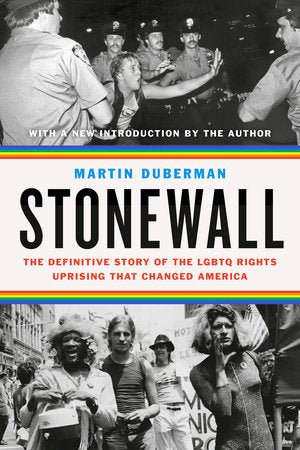
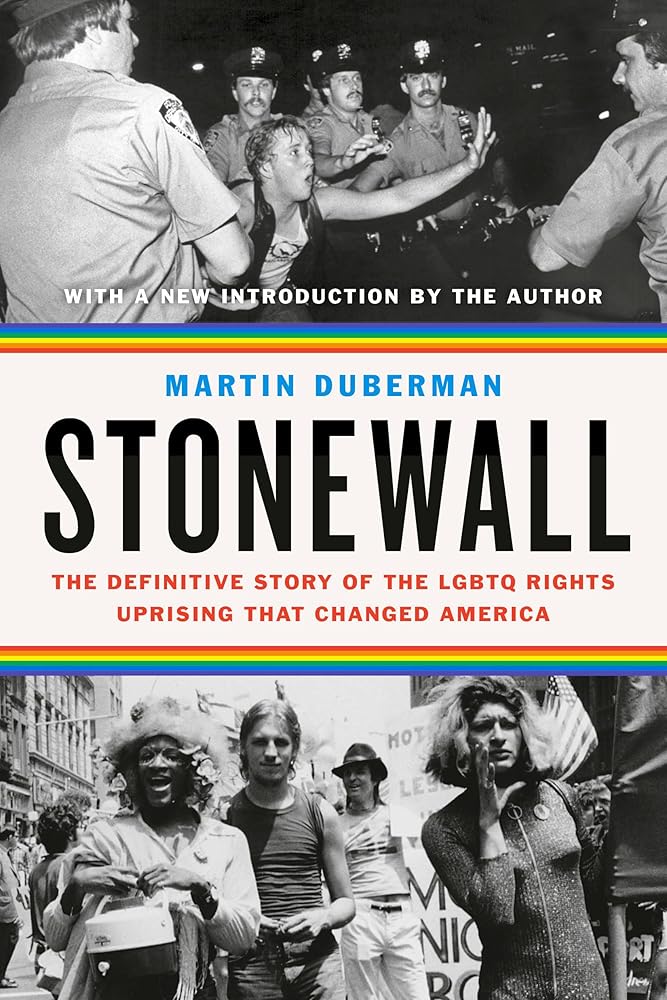
Stonewall: The Definitive Story of the LGBTQ Rights Uprising that Changed America
$20.00
Unit price perStonewall: The Definitive Story of the LGBTQ Rights Uprising that Changed America
$20.00
Unit price perThe definitive account of the Stonewall Riots, the first gay rights march, and the LGBTQ activists at the center of the movement.
“Martin Duberman is a national treasure.”—Masha Gessen, The New Yorker
On June 28, 1969, the Stonewall Inn, a gay bar in New York's Greenwich Village, was raided by police. But instead of responding with the typical compliance the NYPD expected, patrons and a growing crowd decided to fight back. The five days of rioting that ensued changed forever the face of gay and lesbian life.
In Stonewall, renowned historian and activist Martin Duberman tells the full story of this pivotal moment in history. With riveting narrative skill, he re-creates those revolutionary, sweltering nights in vivid detail through the lives of six people who were drawn into the struggle for LGBTQ rights. Their stories combine to form an unforgettable portrait of the repression that led up to the riots, which culminates when they triumphantly participate in the first gay rights march of 1970, the roots of today's pride marches.
Fifty years after the riots, Stonewall remains a rare work that evokes with a human touch an event in history that still profoundly affects life today.
By: MK Czerwiec (Author, Preface), 2021, Paperback, Graphic
A graphic memoir and adapted oral history of Unit 371, an inpatient AIDS care hospital unit in Chicago that was in existence from 1985 to 2000. Examines the human costs of caregiving and the role art can play in the grieving process.
In 1994, at the height of the AIDS epidemic in the United States, MK Czerwiec took her first nursing job, at Illinois Masonic Medical Center in Chicago, as part of the caregiving staff of HIV/AIDS Care Unit 371. Taking Turns pulls back the curtain on life in the ward.
A shining example of excellence in the treatment and care of patients, Unit 371 was a community for thousands of patients and families affected by HIV and AIDS and the people who cared for them. This graphic novel combines Czerwiec’s memories with the oral histories of patients, family members, and staff. It depicts life and death in the ward, the ways the unit affected and informed those who passed through it, and how many look back on their time there today. Czerwiec joined Unit 371 at a pivotal time in the history of AIDS: deaths from the syndrome in the Midwest peaked in 1995 and then dropped drastically in the following years, with the release of antiretroviral protease inhibitors. This positive turn of events led to a decline in patient populations and, ultimately, to the closure of Unit 371. Czerwiec’s restrained, inviting drawing style and carefully considered narrative examine individual, institutional, and community responses to the AIDS epidemic―as well as the role that art can play in the grieving process.
Deeply personal yet made up of many voices, this history of daily life in a unique AIDS care unit is an open, honest look at suffering, grief, and hope among a community of medical professionals and patients at the heart of the epidemic.
FINALIST FOR THE 2021 PULITZER PRIZE IN HISTORY. INSTANT NEW YORK TIMES BEST SELLER.
New York Times Book Review Editors' Choice. Winner of the 2021 Randy Shilts Award for Gay Nonfiction. One of The Washington Post's Top 50 Nonfiction Books of 2020.
From a young Harvard- and Cambridge-trained historian, and the Creator and Executive Producer of The Book of Queer (coming June 2022 to Discovery+), the secret history of the fight for gay rights that began a generation before Stonewall.
In 1957, Frank Kameny, a rising astronomer working for the U.S. Defense Department in Hawaii, received a summons to report immediately to Washington, D.C. The Pentagon had reason to believe he was a homosexual, and after a series of humiliating interviews, Kameny, like countless gay men and women before him, was promptly dismissed from his government job. Unlike many others, though, Kameny fought back.
Based on firsthand accounts, recently declassified FBI records, and forty thousand personal documents, Eric Cervini's The Deviant's War unfolds over the course of the 1960s, as the Mattachine Society of Washington, the group Kameny founded, became the first organization to protest the systematic persecution of gay federal employees. It traces the forgotten ties that bound gay rights to the Black Freedom Movement, the New Left, lesbian activism, and trans resistance. Above all, it is a story of America (and Washington) at a cultural and sexual crossroads; of shocking, byzantine public battles with Congress; of FBI informants; murder; betrayal; sex; love; and ultimately victory.
By: Kami Ahrens (Editor), 2023, Paperback
In 1966 in Rabun County, Georgia, a group of high school English students created theFoxfire magazine, a literary journal that celebrated Appalachian stories, peoples, and culture. The publication was filled with poetry and prose from local students and authors and featured interviews with community members. These oral histories quickly became the focal point of the magazine and, eventually, the material that generated the multivolume Foxfire book series.
Now, pulled from the vast Foxfire archive comes the first volume in the series focused specifically on the lives of Appalachian women. These remarkable narratives illuminate a diverse regional culture held together by the threads that are woven between women and place, and through generations. Told sometimes with humor, sometimes with sadness, but always with a gripping rawness and honesty, the stories recount women's lived experiences from the 1960s to the present. The interviews cover work, family, and community, illuminating Cherokee, Black, and white women's experiences; changes in Appalachian culture; and the importance of relationships in daily life. Reading each interview in this book is almost like joining these women on their porches and in their homes as they take us on a journey through their lives. Taken together, the stories speak against regional stereotypes and offer instead a sampling of the many expressions of these women's strength.
“This is the history of the gay and lesbian movement that we’ve been waiting for.” —The Washington Post
The sweeping story of the struggle for gay and lesbian rights—based on amazing interviews with politicians, military figures, and members of the entire LGBT community who face these challenges every day.
The fight for gay and lesbian civil rights—the years of outrageous injustice, the early battles, the heart-breaking defeats, and the victories beyond the dreams of the gay rights pioneers—is the most important civil rights issue of the present day. In “the most comprehensive history to date of America’s gay-rights movement” (The Economist), Lillian Faderman tells this unfinished story through the dramatic accounts of passionate struggles with sweep, depth, and feeling.
The Gay Revolution begins in the 1950s, when gays and lesbians were criminals, psychiatrists saw them as mentally ill, churches saw them as sinners, and society victimized them with hatred. Against this dark backdrop, a few brave people began to fight back, paving the way for the revolutionary changes of the 1960s and beyond. Faderman discusses the protests in the 1960s; the counter reaction of the 1970s and early eighties; the decimated but united community during the AIDS epidemic; and the current hurdles for the right to marriage equality.
“A compelling read of a little-known part of our nation’s history, and of individuals whose stories range from heart-wrenching to inspiring to enraging to motivational” (Chicago Tribune), The Gay Revolution paints a nuanced portrait of the LGBT civil rights movement. A defining account, this is the most complete and authoritative book of its kind.
By: Micheal Waters (Author), 2024, Hardcover
Named a Most Anticipated Book by Esquire, Town & Country, and Electric Literature
"Michael Waters performs an Olympian act of storytelling, using the stories of these extraordinary athletes to explore in brilliant detail the struggle for understanding and equality." ―Jonathan Eig, author of King: A Life, winner of the Pulitzer Prize
The story of the early trans athletes and Olympic bureaucrats who lit the flame for today’s culture wars.
In December 1935, Zdeněk Koubek, one of the most famous sprinters in European women’s sports, declared he was now living as a man. Around the same time, the celebrated British field athlete Mark Weston, also assigned female at birth, announced that he, too, was a man. Periodicals and radio programs across the world carried the news; both became global celebrities. A few decades later, they were all but forgotten. And in the wake of their transitions, what could have been a push toward equality became instead, through a confluence of bureaucracy, war, and sheer happenstance, the exact opposite: the now all-too-familiar panic around trans, intersex, and gender nonconforming athletes.
In The Other Olympians, Michael Waters uncovers, for the first time, the gripping true stories of Koubek, Weston, and other pioneering trans and intersex athletes from their era. With dogged research and cinematic flair, Waters also tracks how International Olympic Committee members ignored Nazi Germany’s atrocities in order to pull off the Berlin Games, a partnership that ultimately influenced the IOC’s nearly century-long obsession with surveilling and cataloging gender.
Immersive and revelatory, The Other Olympians is a groundbreaking, hidden-in-the-archives marvel, an inspiring call for equality, and an essential contribution toward understanding the contemporary culture wars over gender in sports.
An accessible chronicle of how the Israel-Palestine conflict originated and developed over the past century. The Shortest History books deliver thousands of years of history in one riveting, fast-paced read.
The ongoing struggle between Israel and Palestine is one of the most bitter conflicts in history, with profound global consequences. In this book, Middle East expert Michael Scott-Baumann succinctly describes its origins and charts its evolution from civil war to the present day. Each chapter offers a lucid explanation of the politics and ends with personal testimony from Palestinians and Israelis whose lives have been impacted by the dispute.
While presenting competing interpretations, Scott-Baumann examines the key flash points, including the early role of the British, the establishment of the state of Israel in 1948, the Six-Day War of 1967, and the Trump administration’s peace plan, pitched as “the deal of the century,” in 2020. He delineates both the nature of Israeli control over the Palestinian territories and Palestinian resistance―going to the heart of the clashes in recent decades. The result is an indispensable history, including a time line, glossary, and analysis of why efforts to restore peace have continually failed and what it will take to succeed. 45 B&W maps and images
By: Susan Stryker (Author), 2017, Paperback
A timely second edition of the classic text on transgender history, with a new introduction and updated material throughout
Covering American transgender history from the mid-twentieth century to today, Transgender Historytakes a chronological approach to the subject of transgender history, with each chapter covering major movements, writings, and events. Chapters cover the transsexual and transvestite communities in the years following World War II; trans radicalism and social change, which spanned from 1966 with the publication of The Transsexual Phenomenon, and lasted through the early 1970s; the mid-'70s to 1990, the era of identity politics and the changes witnessed in trans circles through these years; and the gender issues witnessed through the '90s and '00s.
Transgender History includes informative sidebars highlighting quotes from major texts and speeches in transgender history and brief biographies of key players, plus excerpts from transgender memoirs and discussion of treatments of transgenderism in popular culture.
